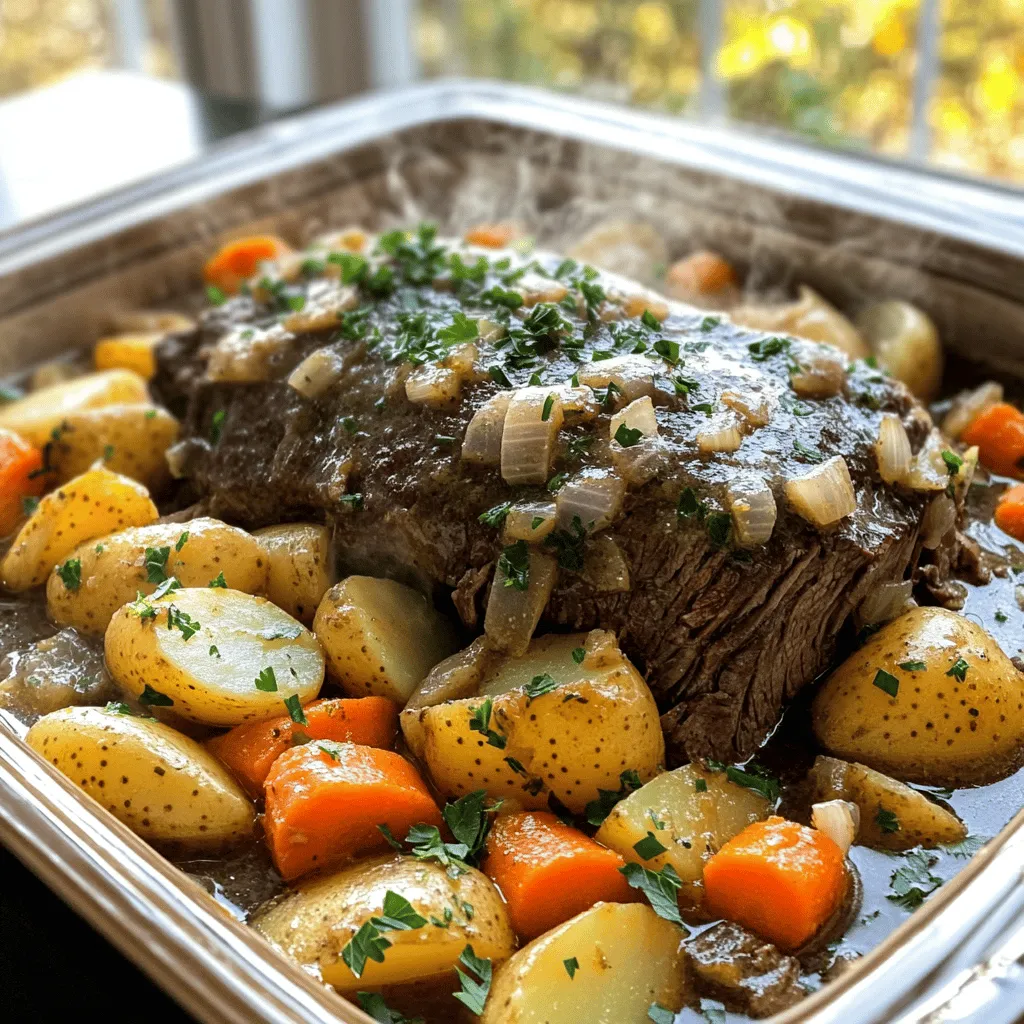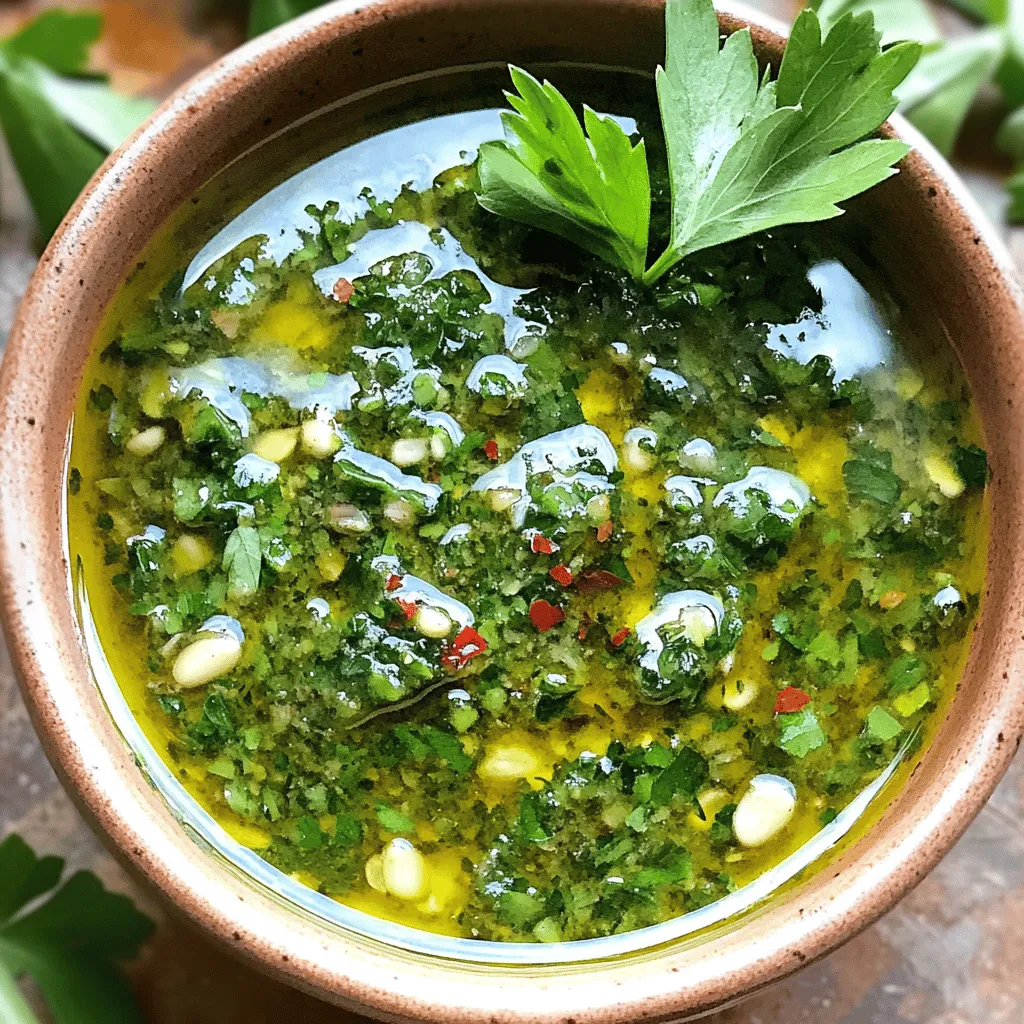Introduction to Gordon Ramsay’s Creamy Beef Stroganoff
Beef Stroganoff is a classic dish that has earned its place in the hearts of comfort food lovers around the world. Originating from Russia in the 19th century, this culinary masterpiece combines tender strips of beef with a creamy sauce, traditionally served over rice or noodles. The dish has evolved over the years, with variations popping up in many cultures, yet its fundamental appeal remains unchanged: a rich, flavorful experience that warms both the body and soul.
Renowned chef Gordon Ramsay brings his own flair to this traditional recipe, elevating Beef Stroganoff to new heights. His version is characterized by a luxurious, creamy texture, robust flavors, and the use of premium ingredients that make this dish not just a meal, but an experience. Ramsay’s approach is tailored for home cooks who wish to impress family and friends without spending hours in the kitchen. With a few straightforward steps and an emphasis on quality ingredients, you can create a gourmet meal that rivals any restaurant dish.
This Creamy Beef Stroganoff is perfect for family dinners, special occasions, or whenever you’re looking to indulge in a sumptuous dish. Whether you’re a seasoned chef or a kitchen novice, Ramsay’s recipe offers a delightful blend of sophistication and simplicity, making it accessible to all. Let’s delve into the ingredients that form the backbone of this dish and explore how each one contributes to its delectable flavor profile.
Understanding the Ingredients
To master Gordon Ramsay’s Creamy Beef Stroganoff, it’s essential to understand the role of each ingredient. Each component is carefully selected to enhance the richness and depth of flavor, resulting in a dish that is both satisfying and memorable.
Beef Fillet
The star of the show is undoubtedly the beef fillet. Using high-quality beef is crucial, as it significantly impacts the dish’s overall tenderness and flavor. Beef fillet, also known as tenderloin, is prized for its buttery texture and rich flavor. When cooked properly, it remains juicy and melts in your mouth, making every bite a delight. Ramsay emphasizes the importance of sourcing the best beef you can find, as this will elevate the entire dish.
Olive Oil
Olive oil serves as the cooking fat in this recipe, providing a base for sautéing the aromatics and searing the beef. Its distinct flavor not only enhances the overall taste but also helps in achieving a beautiful golden crust on the meat. Ramsay often opts for extra virgin olive oil for its superior quality and flavor, which complements the richness of the dish.
Onion and Garlic
Aromatics like onion and garlic are essential in building the flavor base for the stroganoff. The sweet, caramelized onions add depth to the sauce, while garlic imparts a savory note that enhances the overall flavor. Together, these ingredients create a fragrant foundation that makes your kitchen smell inviting as you cook.
Mushrooms
Mushrooms are a key ingredient in Beef Stroganoff, contributing both texture and flavor. Ramsay often uses cremini or button mushrooms, which have a mild, earthy flavor that complements the beef beautifully. The mushrooms absorb the sauce, adding an extra layer of richness to the dish. For a more robust flavor, you can also explore other varieties, such as shiitake or portobello, each bringing its unique profile to the table.
Dijon Mustard and Worcestershire Sauce
To add complexity and depth to the sauce, Dijon mustard and Worcestershire sauce are incorporated. The mustard contributes a subtle tanginess that balances the creaminess of the dish, while Worcestershire sauce adds umami and a hint of sweetness. Together, they create a well-rounded flavor that elevates the stroganoff from a simple meal to a gourmet experience.
Sour Cream
Sour cream is the secret ingredient that gives this dish its signature creaminess. It not only thickens the sauce but also adds a tangy flavor that complements the richness of the beef and mushrooms. Using high-quality sour cream ensures that the texture remains smooth and luscious, making each bite incredibly satisfying.
Egg Noodles or Tagliatelle
Traditionally, Beef Stroganoff is served with egg noodles or tagliatelle. These types of pasta are ideal for soaking up the creamy sauce, ensuring that every forkful is packed with flavor. The choice between egg noodles and tagliatelle often comes down to personal preference. Egg noodles provide a softer texture, while tagliatelle offers a slightly firmer bite, both of which harmonize beautifully with the dish.
Optional Brandy or White Wine
For those looking to add an extra layer of flavor, deglazing the pan with a splash of brandy or white wine can enhance the complexity of the dish. This step allows you to scrape up the delicious browned bits left in the pan, incorporating them into the sauce. The alcohol evaporates during cooking, leaving behind a rich flavor that complements the other ingredients.
Step-by-Step Cooking Instructions
Creating Gordon Ramsay’s Creamy Beef Stroganoff involves a series of straightforward steps that ensure a perfect outcome every time. Here’s how to prepare this delectable dish:
Preparing the Noodles
Start by cooking your choice of pasta. If you’re using egg noodles, bring a large pot of salted water to a boil. Add the noodles and cook according to the package instructions until they are al dente, typically around 6-8 minutes. It’s essential not to overcook them, as they will continue to soften in the sauce later. Once cooked, drain the noodles and set them aside, reserving a bit of the pasta water in case you need to loosen the sauce later.
Searing the Beef
Next, it’s time to sear the beef, which is crucial for developing flavor. Start by slicing the beef fillet into thin strips, about 1-inch wide. Pat the beef dry with paper towels to ensure a good sear, as moisture can prevent browning.
Heat a large skillet over medium-high heat and add a generous drizzle of olive oil. Once the oil is shimmering, add the beef in batches, being careful not to overcrowd the pan. Overcrowding can lead to steaming rather than searing, which will affect the texture and flavor of the final dish. Sear the beef for about 1-2 minutes on each side until it’s nicely browned but still rare in the center. Remove the beef from the skillet and set it aside on a plate. This step is vital, as it allows the meat to rest while you prepare the sauce.
With this foundational knowledge and the initial steps in place, you’re well on your way to creating a luxurious and comforting dish that embodies the essence of gourmet home cooking. Continue to follow the recipe for the next steps to complete Gordon Ramsay’s Creamy Beef Stroganoff, and impress your guests with your culinary prowess.

Sautéing Aromatics
To create an unforgettable Gordon Ramsay’s Creamy Beef Stroganoff, the first step after preparing your ingredients is to sauté the aromatics. This crucial step involves cooking onions, garlic, and mushrooms in your chosen cooking fat—whether butter or oil—until they become soft and fragrant. Begin by heating a large skillet or sauté pan over medium heat.
Start with the onions, as they take longer to cook. Add a generous amount of oil or butter to the pan, and once it’s hot, toss in the diced onions. Sauté them for about 5-7 minutes, stirring occasionally, until they are translucent and slightly caramelized. This caramelization brings out the natural sweetness of the onions, which will add depth to the overall flavor of the dish.
Next, introduce minced garlic to the pan. Garlic cooks more quickly than onions, so add it in after the onions have softened. Sauté for about 1 minute until fragrant, being careful not to let it burn, as burnt garlic can impart a bitter taste.
After the garlic, it’s time to add the mushrooms. Sliced button or cremini mushrooms work beautifully in this recipe. Sauté them for another 5-7 minutes until they’re golden brown and have released their moisture. The combination of these aromatics lays the foundation for the rich flavors in your creamy sauce, providing a savory backdrop for the beef.
Deglazing the Pan
Once your aromatics are beautifully sautéed, it’s time to deglaze the pan. This technique is essential for capturing all the flavorful bits that cling to the bottom of the skillet, known as fond. Begin by adding a splash of white wine or beef broth to the pan while it’s still hot. The liquid should immediately start bubbling, and you’ll want to scrape the bottom of the pan with a wooden spoon or spatula to lift those caramelized bits.
Allow the liquid to reduce slightly for about 2-3 minutes, which intensifies the flavor. This step not only adds complexity to your sauce but also enhances the overall umami profile of the dish. If you prefer a non-alcoholic version, using beef broth alone is perfectly acceptable and still yields a delicious result.
Creating the Sauce
With your deglazing complete, it’s time to create the creamy sauce that makes this dish so irresistible. Lower the heat to medium-low, then stir in sour cream and Dijon mustard. The sour cream adds a delightful creaminess and tang, while the mustard contributes a subtle zing that balances the richness of the dish.
For added flavor, consider incorporating Worcestershire sauce, which deepens the savory notes, and a touch of fresh thyme or paprika for warmth. Mix everything together until it’s well combined and creamy. If the sauce appears too thick, feel free to thin it out with a splash of beef broth or water until you reach your desired consistency.
Taste the sauce and adjust the seasoning with salt and pepper as needed. Remember that the flavors will intensify as the dish cooks, so it’s better to start with a light hand and build up the seasoning.
Incorporating the Beef
Now, it’s time to reintroduce the beef to the pan. Once your sauce is ready, return the cooked beef strips to the skillet. Gently stir to coat the beef with the sauce, ensuring every piece is enveloped in that creamy goodness. This step is crucial because it allows the beef to soak up the flavors of the sauce while remaining tender and juicy.
Avoid overcooking the beef at this stage; it should only be heated through for about 2-3 minutes. The goal is to maintain its tenderness while ensuring it absorbs the delicious flavors of the sauce. Once heated through, remove the pan from the heat to prevent the beef from toughening.
Serving Suggestions
Presentation is key when it comes to serving Gordon Ramsay’s Creamy Beef Stroganoff. Start by plating the dish over a bed of tender egg noodles, rice, or mashed potatoes—each option provides a comforting base that complements the rich sauce.
For a finishing touch, sprinkle freshly chopped parsley over the top for a pop of color and freshness. This simple garnish not only enhances the visual appeal but also adds a hint of herbal brightness to the dish. Serve alongside a light green salad or steamed vegetables for a balanced meal that’s sure to impress your guests.
Flavor Profile and Texture Analysis
Gordon Ramsay’s Creamy Beef Stroganoff is a dish that tantalizes the palate and delights the senses. The combination of tender beef, umami-rich mushrooms, and a velvety sauce creates a well-rounded flavor profile that is both comforting and sophisticated.
Taste
At its core, the dish embodies a harmony of savory flavors. The beef contributes a rich, meaty base, while the sautéed mushrooms add an earthy depth. The creamy sauce, bolstered by sour cream and mustard, provides a tangy counterpoint, ensuring that each bite is balanced and satisfying. The addition of herbs and seasonings further enhances the taste, offering layers of flavor that linger on the palate.
Texture
The textural elements of the dish are equally noteworthy. The tender beef strips provide a satisfying bite, which contrasts beautifully with the creamy sauce. The silky texture of the sauce clings to the pasta or rice, creating a cohesive mouthfeel that is both luxurious and comforting. The mushrooms add a slight chewiness, contributing to the overall texture that elevates the dining experience.
Aromatic Qualities
The fragrant notes of sautéed garlic and herbs waft through the kitchen, inviting everyone to the table. The aromatic qualities of the dish not only enhance its appeal but also create an inviting atmosphere that celebrates the joys of cooking and sharing food with loved ones.
Nutritional Information
Gordon Ramsay’s Creamy Beef Stroganoff is not only delicious but also a well-rounded meal that provides essential nutrients.
Serving Size and Calories
A typical serving of this dish (about 1 cup) contains approximately 550-600 calories, depending on the specific ingredients used and portion sizes. The dish is rich, so a little goes a long way in satisfying hunger.
Healthy Considerations
For those looking to make the dish a bit lighter or to accommodate dietary restrictions, there are several modifications you can consider. You can substitute lean cuts of beef, such as sirloin or tenderloin, to reduce fat content. Additionally, using Greek yogurt instead of sour cream can lower calories while still providing creaminess.
If you’re aiming for a gluten-free version, you can serve the beef stroganoff over quinoa or a gluten-free pasta alternative. Lastly, consider incorporating more vegetables into the sauce, such as spinach or bell peppers, for added nutrients and fiber without significantly altering the flavor profile.
Conclusion
Cooking Gordon Ramsay’s Creamy Beef Stroganoff is more than just preparing a meal; it’s an experience that brings joy and comfort to the dining table. The balance of flavors—from the savory beef to the creamy sauce—creates a dish that appeals to both novice and experienced cooks alike.
Each step in the cooking process, from sautéing the aromatics to deglazing the pan, contributes to the overall richness and depth of the dish. The sensory experience, enhanced by the fragrant aromas and varied textures, makes this stroganoff a memorable meal to share with family and friends.
As you embrace this culinary adventure, take pride in the delicious results and the joy it brings to your table. Whether served on a weeknight or for a special occasion, Gordon Ramsay’s Creamy Beef Stroganoff is sure to impress and satisfy those you love, inviting them to savor every bite.




